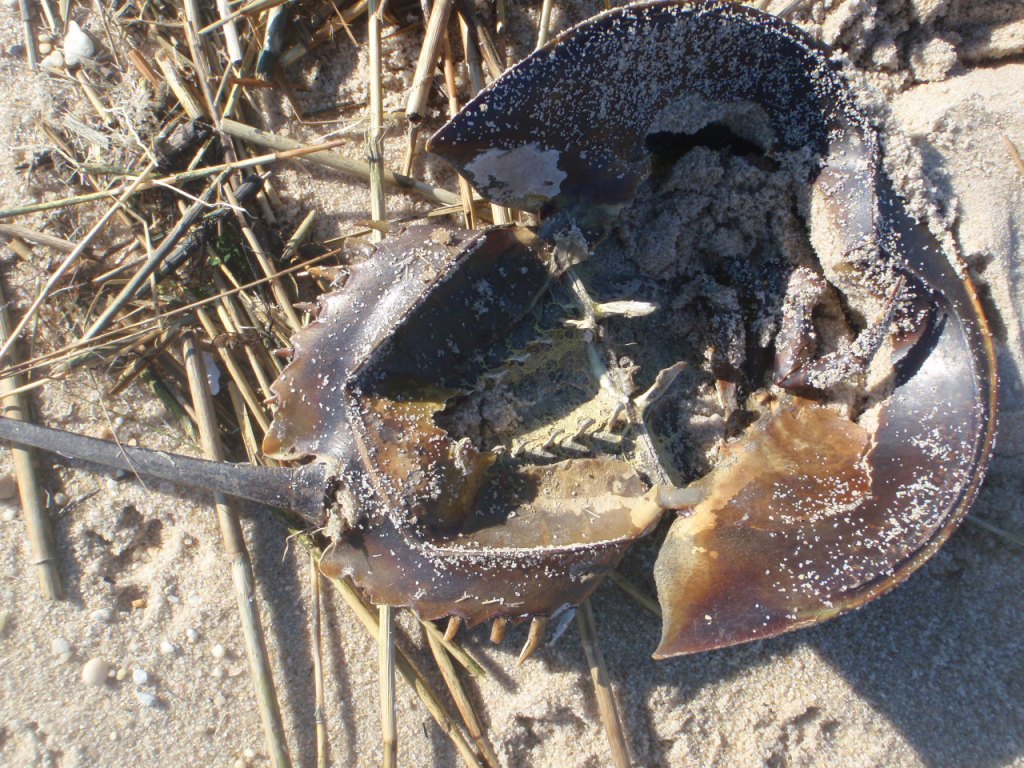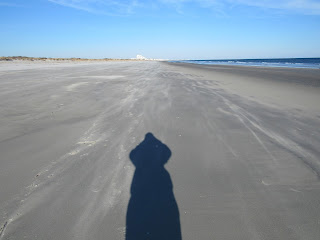Written by Leslie, my love, about my sister.
She was killed by a Christian missionary who told me it was God's will.
Mary Beth Doyle's birthday falling at the start of the school year is always a reminder to me to approach my classes with the warmth, wisdom, compassion, and humor that she brought to every moment of life. Particularly with the way the world is now, I hope to have the strength she had. I wrote this almost 13 years ago and shared it here before; seems like a moment to share it again:
"I am at work, sitting under my desk, listening to Mary Beth’s voice. I have done this several times this week. It could become a bad habit.
There’s hardly room for me and the computer under here. I’m hoping no one comes to the door. It would be difficult to explain why you’re under your desk, listening to your dead sister-in-law speak about avoiding toxins in everyday life, holding back tears, again.
The radio interviewer is good; his voice is warm and clear and he asks pithy questions that open up the conversation to right where MB wants it to be. But her musical, low-pitched voice doesn’t carry well through the desk from the speaker of the computer tucked underneath. Even with the volume up high, I can’t make out her words. So I try sitting underneath, right next to the speaker. This works, and I find out I kind of like it down here.
Mary Beth and I met almost thirty years ago, before I was dating or married to her brother. We did some dumb things together; not lethal or illegal or the kinds of things you don’t tell your kids, just dumb in the ordinary sense. ‘Cause they seemed like they might be fun at the time. Like going up a down escalator. That kind of thing.
One day, way back before real life had set in, we were at a pinball joint on the Jersey Shore in Long Branch with a bunch of friends. Wizard World. My favorite pinball machine was “Old Chicago”, beautiful Art Deco shapes in pink, black, silver and tan. But after hearing the “special” light thunk a few times, I was ready to call it a night. MB was done with whatever she was playing, too, so we walked down to the beach.
The waves were huge that night; there’d been a storm recently. Salty spray speckled us, so we figured, what the hell, why not walk out on a jetty? The flat black rocks were slippery, but it was a beautiful night, and the view back from the end of to the beach and the boardwalk lights was lovely. Until the first wave hit us.
Now, waves don’t usually break across the jetty; it stands up pretty high. After all, that’s what it’s there for, to limit and control the waves into some kind of polite, sloshy order. But some combination of high tides and offshore storm was sending these waves slap across our path, threatening to knock our legs out from under us.
Cleverly, they’d waited till we were out at the end and coming back to pull off this little bit of theatricality.
I can attest that there were no drugs or other mind-altering substances involved, but MB and I thought that this effort by the ocean to bat us off the jetty into possible deaths by skull-crushing rocks or drowning was just the funniest thing ever. We kept plowing forward, laughing, and waves kept crashing around our knees.
When we finally made it to the beach, we were soaked to the skin, and still convulsed with laughter.
Her brother, my future husband, thought, I think, that we were nuts—you know, a piece of driftwood in those waves would’ve knocked you both off. But, on the other hand, I like to think we’re two of his favorite people, and he’s been known to do a couple needlessly life-threatening things in his time.
Eventually, the three of us ended up at the same college.
Eventually, I married her brother, and our lives followed different trajectories as we became young parents, while MB traveled the world, providing my kids with a really cool postcard collection—who else had regular correspondence from Turkey, Israel, Egypt, France, Germany, Argentina, India, Sri Lanka, Bangladesh? She was the exotic aunt who swept into our tiny apartment with dolls and elephant puppets from India, and tales of camel rides in Egypt, baby lion pets in Sri Lanka, tea every afternoon for a summer in Turkey. And whenever she visited, everyone danced.
As time passed, she settled in Michigan and became an important mover in the environmental health and justice movement. Two jobs and two kids kept Michael and I pretty busy. No matter what else was going on, though, we knew we’d always see MB in June. Our extended family spent a week every summer at Cape May on the tip of the Jersey Shore. Michael and MB and I bought kayaks and hauled them there, us from North Jersey, her all the way from Michigan. We paddled every chance we could get.

The other time we saw her regularly was Christmas. A nonbeliever, she nevertheless came to Christmas Eve service for a number of years with us. She liked the music and the candle lighting, but especially, I think, she adored the afterwards tradition wherein our family and whoever was visiting drove to the next town to see an elaborate Christmas display including two-story wooden houses filled with Santa’s elves and Biblical characters which moved when a bystander pushed a button, lots and lots of lights, piped-in carols, and live reindeer (really). Now, that was her kind of Christmas celebration!
Afterward, she would wait up with me for the kids to fall asleep to help put the presents under the tree, and roll her eyes at my inability to resist over-consumption despite knowing better. She and I often sat up long after everyone else had fallen asleep, me drinking Amaretto and her Sambuca, watching the tree lights blink, and catch up on each other’s lives.
Mary Beth had an uncanny ability, and this was repeated over and over by speakers at her memorial service, to understand you at your best, and help you through your worst. Some years ago, when I felt my life was falling apart, it was she who strode beside me on the jetty, acknowledging how slippery the rocks were, and how goddamn sneaky the waves had been, but fairly sure, I think, that I’d get back to the beach. Which, in the end, I did.
So when I opened the door to the sight of two policemen on my front porch, on a beautiful Saturday morning last fall, asking if my husband was home, and if he had a sister named “Mary,” nothing in me was prepared to hear of her death on a dark Michigan road the evening before, and I wanted to scream, No, no! her name is Mary Beth, you’ve got the wrong house.
So here I am, now, sitting under my desk, listening to her voice full of reassurance and grace, gently explaining how to protect your children from household toxins, just about a month before she died. The day of her memorial was declared “Mary Beth Doyle Day” by the governor of Michigan, we were told, and a couple months later, a portion of a Michigan bill designed to remove toxic flame retardants from the environment was named after her, because she’d worked so hard on the issue.
And her message on this broadcast, which I listen to over and over, is to be vigilant, to do the best you can, raise your voice for justice, and then sleep well at night. And that’s what I’ll try to do, if I can get out from under this desk, off this jetty, back to the beach."
Some things you just never recover from.



























































